Article: Pre-Workout vs Energy Drinks: Which is Better for Athletes?
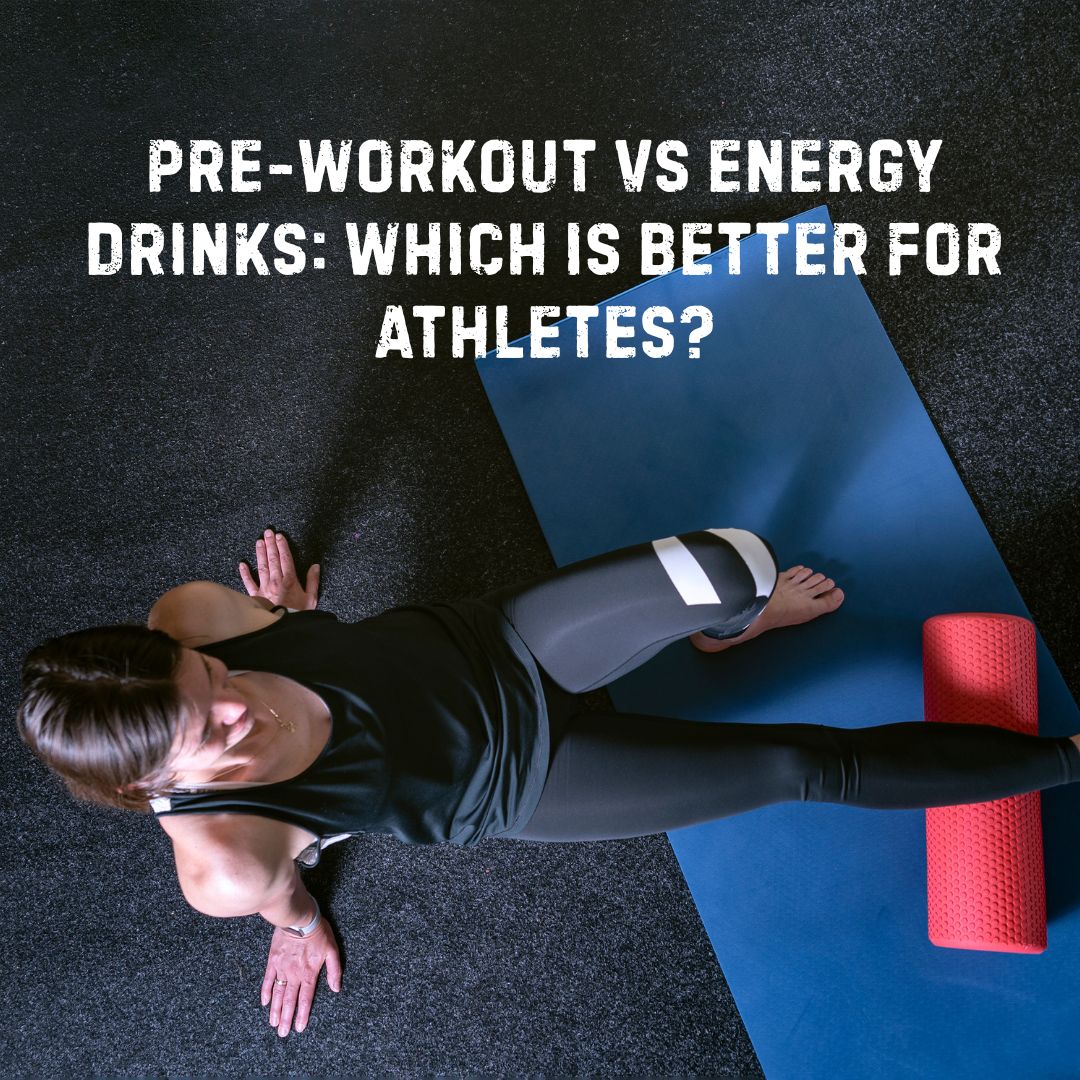
Pre-Workout vs Energy Drinks: Which is Better for Athletes?
Ever grabbed an energy drink before the gym because you forgot your pre-workout?
We’ve all been there. You’re tired, running late, and staring at a cold can that promises “instant energy.” But does that can really compare to a proper pre-workout supplement?
That’s the big debate. And if you’re serious about training—whether lifting heavy, sprinting, or grinding through a long practice—you need to know the difference.
Let’s break it down.

The Quick Difference
-
Pre-workout: Made specifically for exercise. Designed to improve focus, endurance, and strength during workouts.
-
Energy drinks: Made for a quick pick-me-up. Usually packed with caffeine and sugar to keep you awake or alert.
On paper, they sound similar. Both wake you up. Both give you a boost. But when you look closer, they’re not built the same.
What’s Inside Energy Drinks?
Most energy drinks—think Red Bull, Monster, or Bang—follow the same formula:
-
Caffeine: Between 80–300 mg per can (that’s like 1–3 cups of coffee).
-
Sugar: Some cans have 25–50 grams (basically dessert in a can).
-
Artificial sweeteners: In the sugar-free versions.
-
Taurine + B vitamins: Often thrown in, but doses are small.
That’s it. Energy drinks give you a jolt, but they’re not designed for muscle performance.
📊 Stat: According to the CDC, nearly 34% of U.S. adults aged 18–34 drink energy drinks weekly.
What’s Inside Pre-Workout Supplements?
Pre-workouts—like Stealth Labz Surge Pre-Workout—are engineered with athletes in mind.
A quality formula usually includes:
-
Caffeine: For focus and alertness.
-
Beta-alanine: Reduces muscle fatigue so you can push harder.
-
Citrulline malate: Boosts blood flow and pumps.
-
Creatine (in some formulas): Helps with strength and power.
-
Electrolytes: Keep you hydrated during tough sessions.
That’s why pre-workouts feel different. It’s not just “wakefulness.” It’s improved endurance, better lifts, and longer stamina.
📊 Stat: A study in the Journal of the International Society of Sports Nutrition found that pre-workout supplements increased muscular endurance and anaerobic performance in trained athletes.
Energy Drinks: The Good and the Bad
Pros
-
Easy to find—gas stations, vending machines, everywhere.
-
Quick hit of caffeine when you’re dragging.
-
Portable and convenient.
Cons
-
Sugar crashes are brutal.
-
Caffeine spike often leads to jitters.
-
Not built for exercise performance.
-
Empty calories with little nutritional value.
Imagine chugging a can before squats. Sure, you’re awake, but halfway through you’re sweating sugar and gassing out.
Pre-Workout Supplements: The Good and the Bad
Pros
-
Formulated for training, not just staying awake.
-
Boosts endurance, strength, and focus.
-
No heavy sugar crash.
-
Ingredients like beta-alanine and citrulline actually improve performance.
Cons
-
Needs planning—take it 20–30 minutes before training.
-
Some people don’t like the “tingles” from beta-alanine.
-
Quality varies. Cheap formulas may be underdosed.
When you choose a trusted brand like Stealth Labz Surge Pre-Workout, you’re getting the dosages that actually work.
Real Example: My First Heavy Deadlift Day
A couple years back, I tried training with just an energy drink. Big mistake. The caffeine hit was strong, but by my third set of deadlifts, I felt like my body was running on fumes.
The next week, I tried Surge Pre-Workout. The difference was night and day. I didn’t just feel awake—I felt like I had fuel in the tank. The focus was sharper. The reps moved smoother. And I didn’t crash afterward.
That’s when I knew: energy drinks are for late-night studying. Pre-workout is for real training.
Which Is Better for Athletes?
If your goal is:
-
Just to stay awake at work or school → grab an energy drink.
-
To crush your workout, build muscle, and recover faster → pre-workout wins.
It’s really that simple.
Tips for Athletes
-
Read labels. Know how much caffeine you’re taking. (Too much = jitters, insomnia.)
-
Don’t double up. Don’t drink an energy drink AND a pre-workout in the same day.
-
Hydrate. Caffeine dehydrates, so always drink water alongside.
-
Test on light days. Try a new supplement before max-effort training.
Stats That Matter
-
The American Heart Association warns that energy drinks may increase heart rate and blood pressure, especially with exercise.
-
In contrast, pre-workouts with amino acids like citrulline have been shown to improve blood flow and endurance, according to research published in Nutrients.
-
Nearly 70% of competitive athletes report using pre-workout supplements, according to a 2022 survey.
That’s the gap: energy drinks were never meant for athletes. Pre-workouts were.
Where Stealth Labz Fits In
At Stealth Labz, our Surge Pre-Workout is built for performance.
-
Clean energy (without the crash).
-
Science-backed ingredients.
-
A formula that helps athletes push harder, not just stay awake.
If you’re serious about training, Surge gives you the edge.
FAQs: Pre-Workout vs Energy Drinks
Can I use an energy drink as a pre-workout?
You can, but it’s not ideal. Energy drinks mostly give you caffeine and sugar. Pre-workouts are designed with ingredients that boost endurance, blood flow, and strength—things energy drinks lack.
Which has more caffeine: pre-workout or energy drinks?
It depends on the brand. Some energy drinks have 200–300 mg per can, while many pre-workouts fall between 150–300 mg per scoop. Always read the label so you don’t go over your caffeine limit.
Are energy drinks bad for athletes?
They’re not “bad” in small amounts, but they don’t improve workout performance. In fact, the sugar crashes and rapid spikes in heart rate can hurt athletic performance.
Do pre-workouts have sugar like energy drinks?
Most high-quality pre-workouts, like Surge Pre-Workout, are sugar-free. They use other ingredients (like beta-alanine and citrulline) to give you energy and stamina without the crash.
Can I take both pre-workout and an energy drink?
Not recommended. Both contain caffeine, and doubling up can cause jitters, anxiety, or even heart palpitations. Stick to one source.
What’s better for building muscle?
Pre-workout. Energy drinks won’t give your muscles the nutrients or blood flow they need for performance. Pre-workouts are designed to help you lift heavier, push harder, and recover faster.
Are pre-workouts safe for daily use?
Yes, as long as you’re not exceeding caffeine limits and using a trusted brand. Many athletes take pre-workout before every training session.
Key Takeaway
Energy drinks give you wings. Pre-workout gives you strength.
If you’re an athlete who wants to perform, build muscle, and recover stronger, don’t settle for a sugar bomb in a can. Choose a formula designed for your body, not just your brain.
Next time you’re heading to the gym, ask yourself:
Do you want to just wake up—or do you want to level up?
Read more article:
10 Post-Workout Protein Drinks to Help

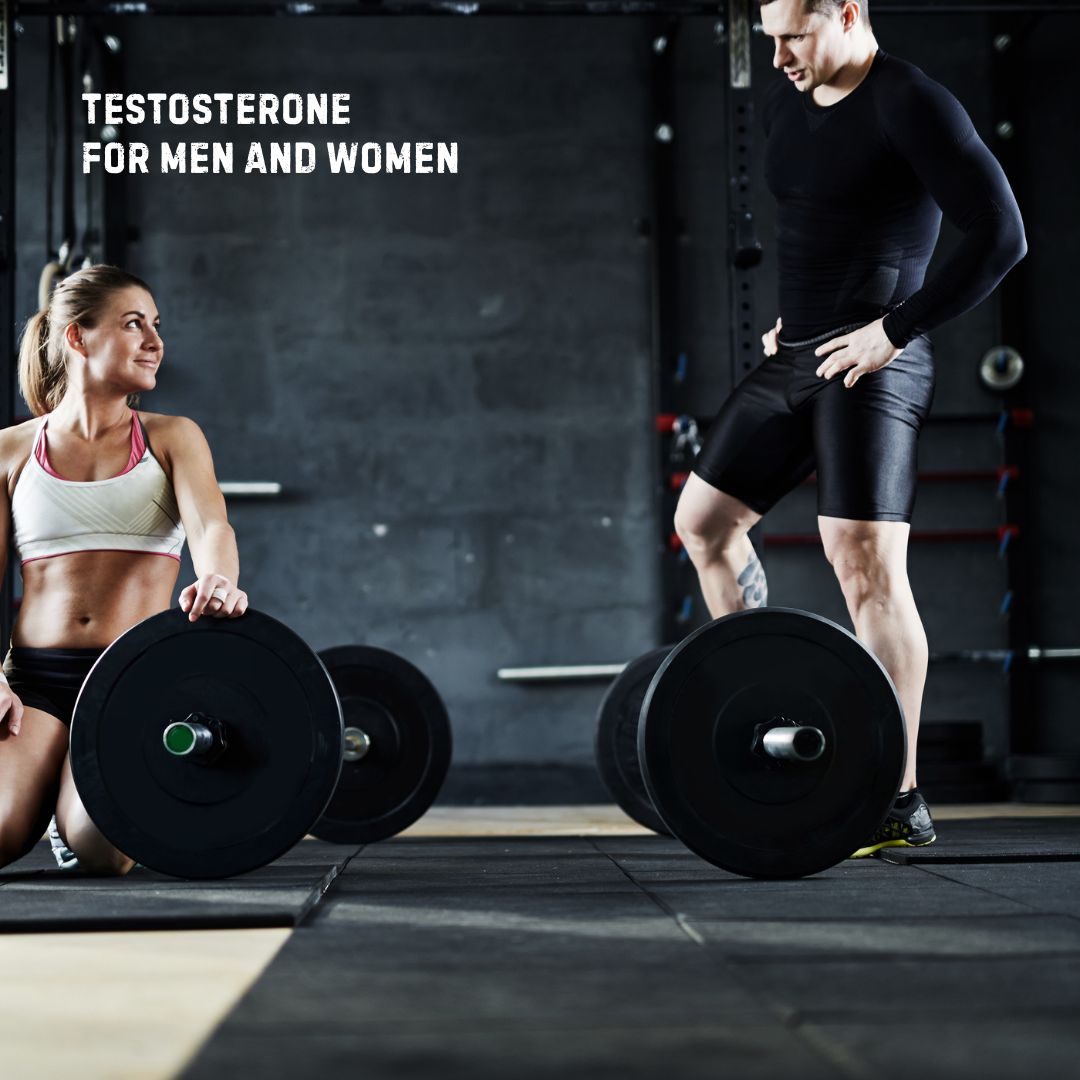
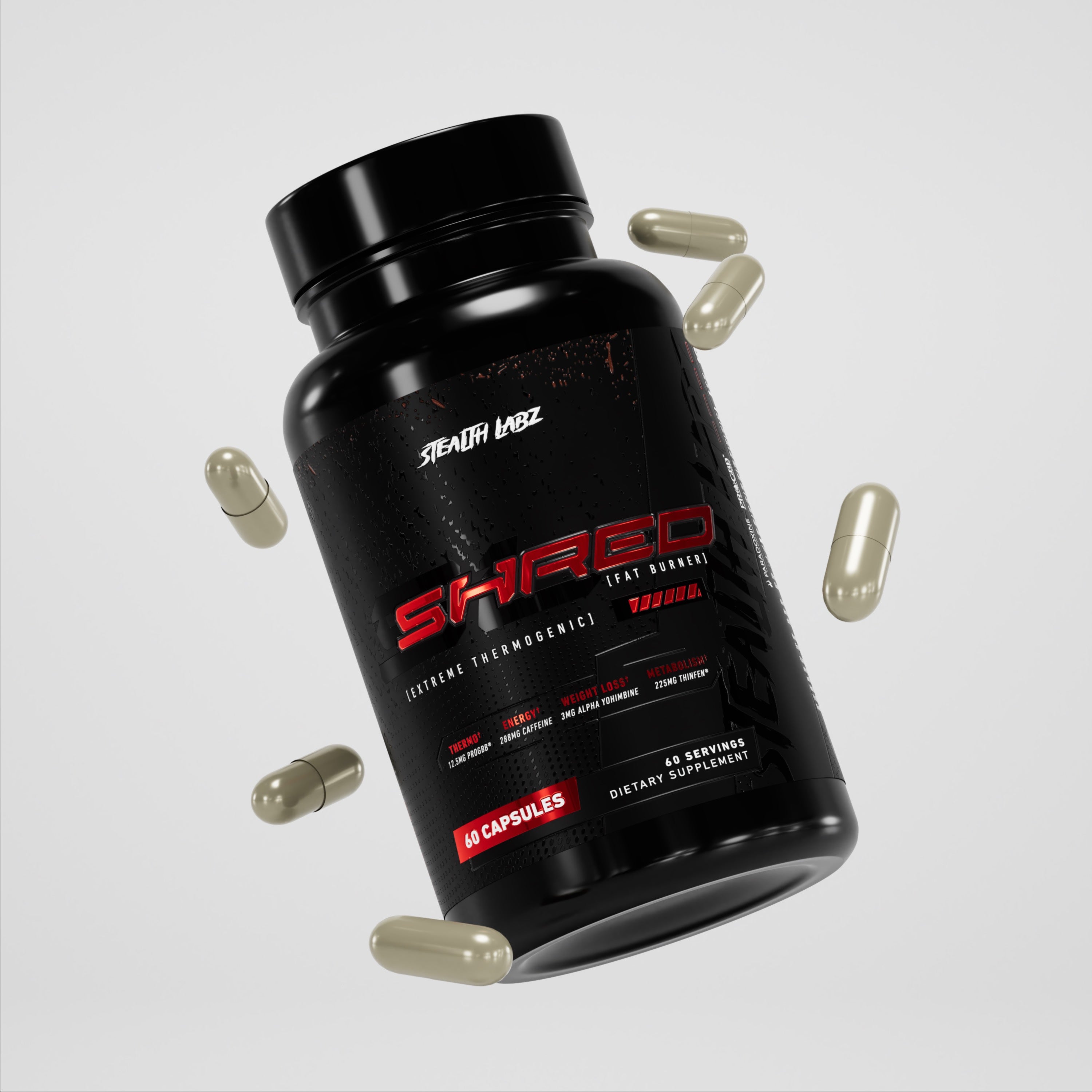
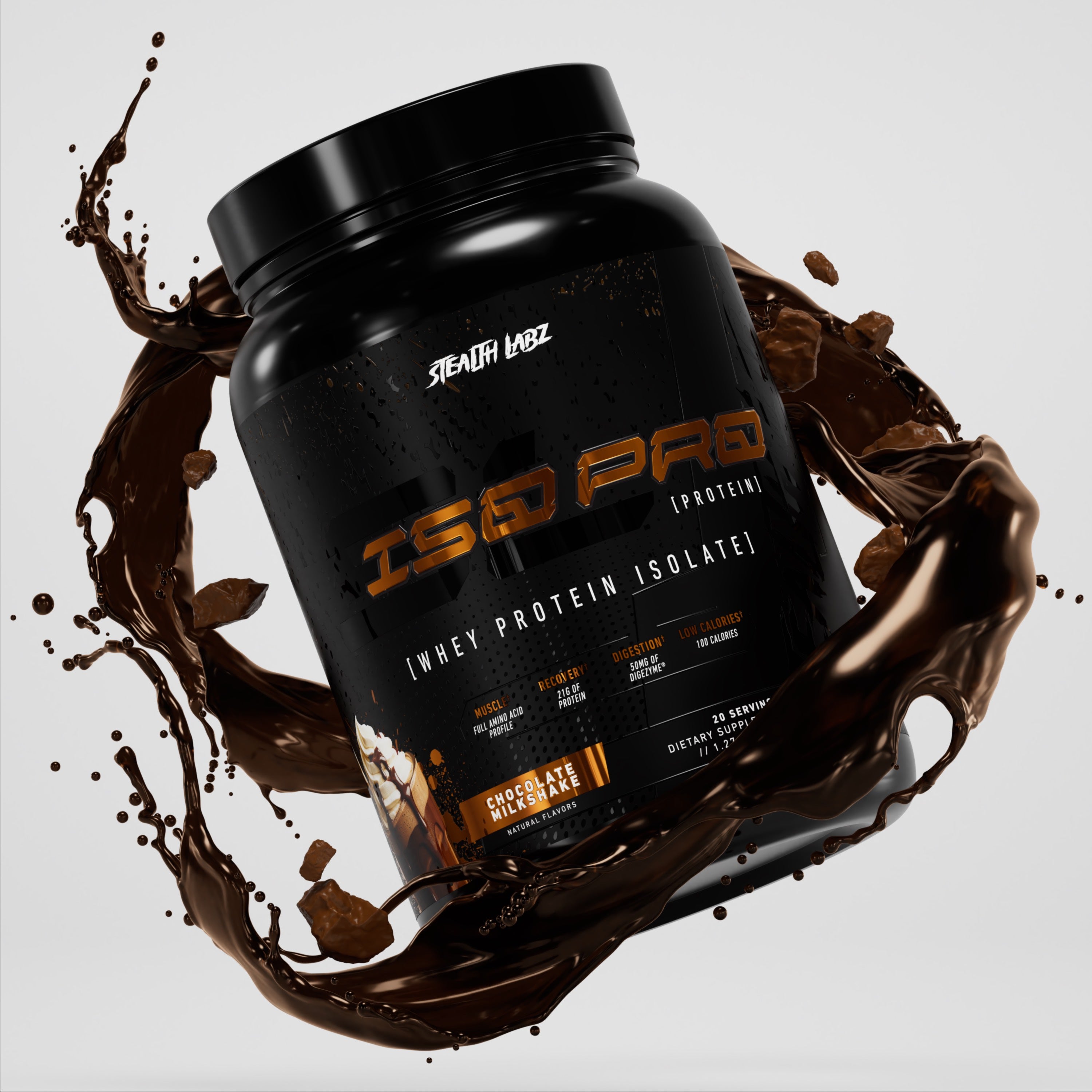
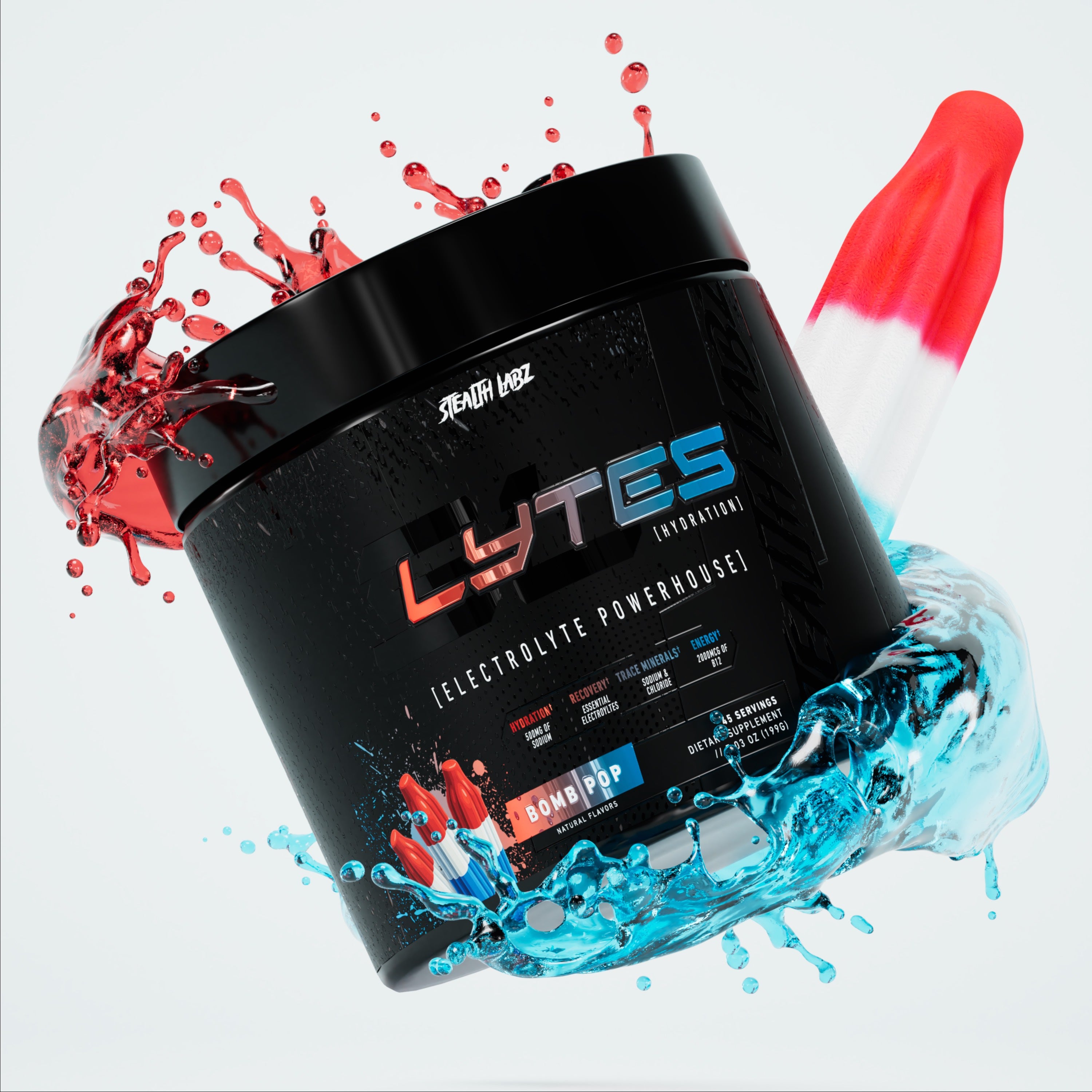
Leave a comment
This site is protected by hCaptcha and the hCaptcha Privacy Policy and Terms of Service apply.